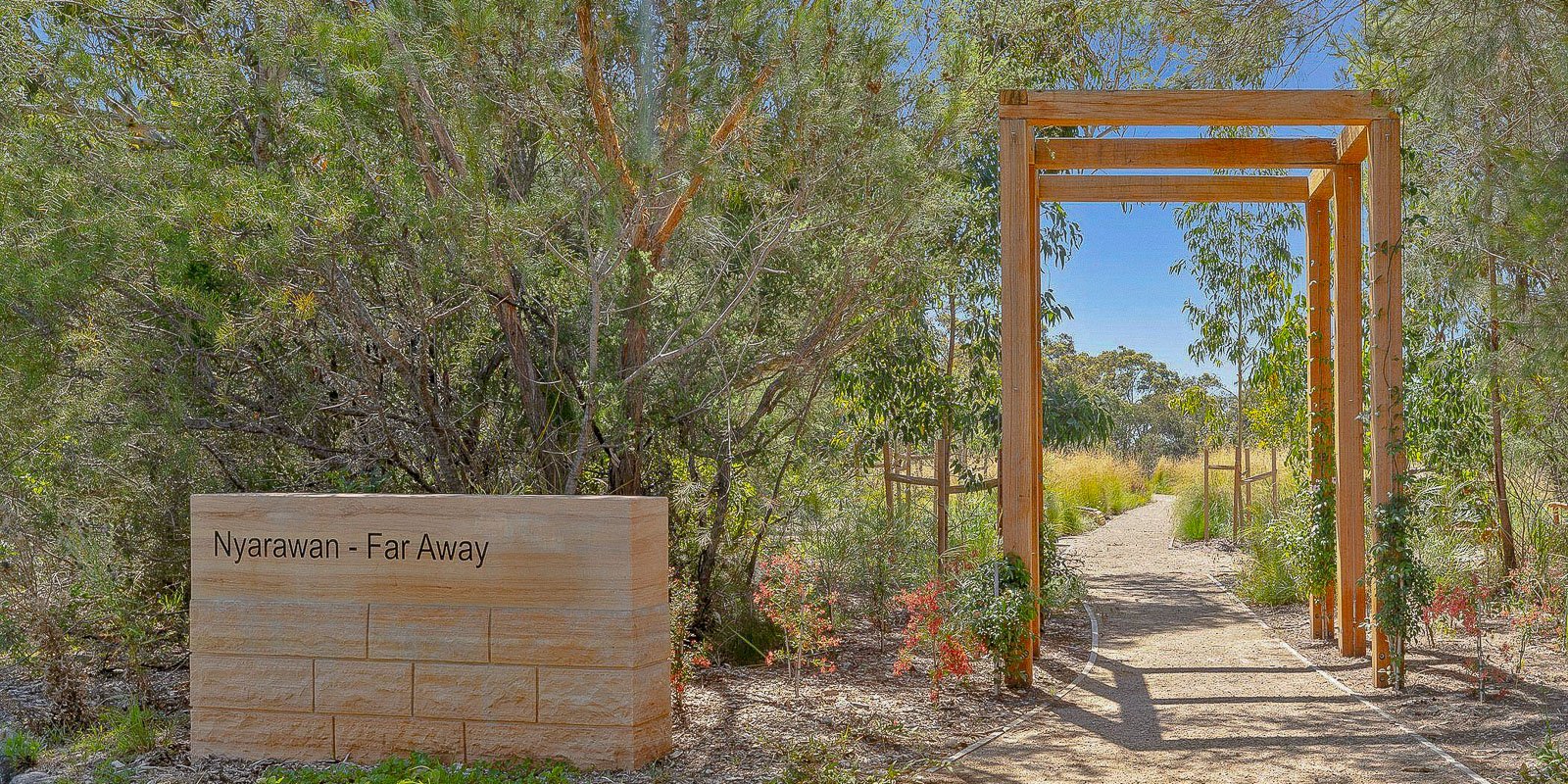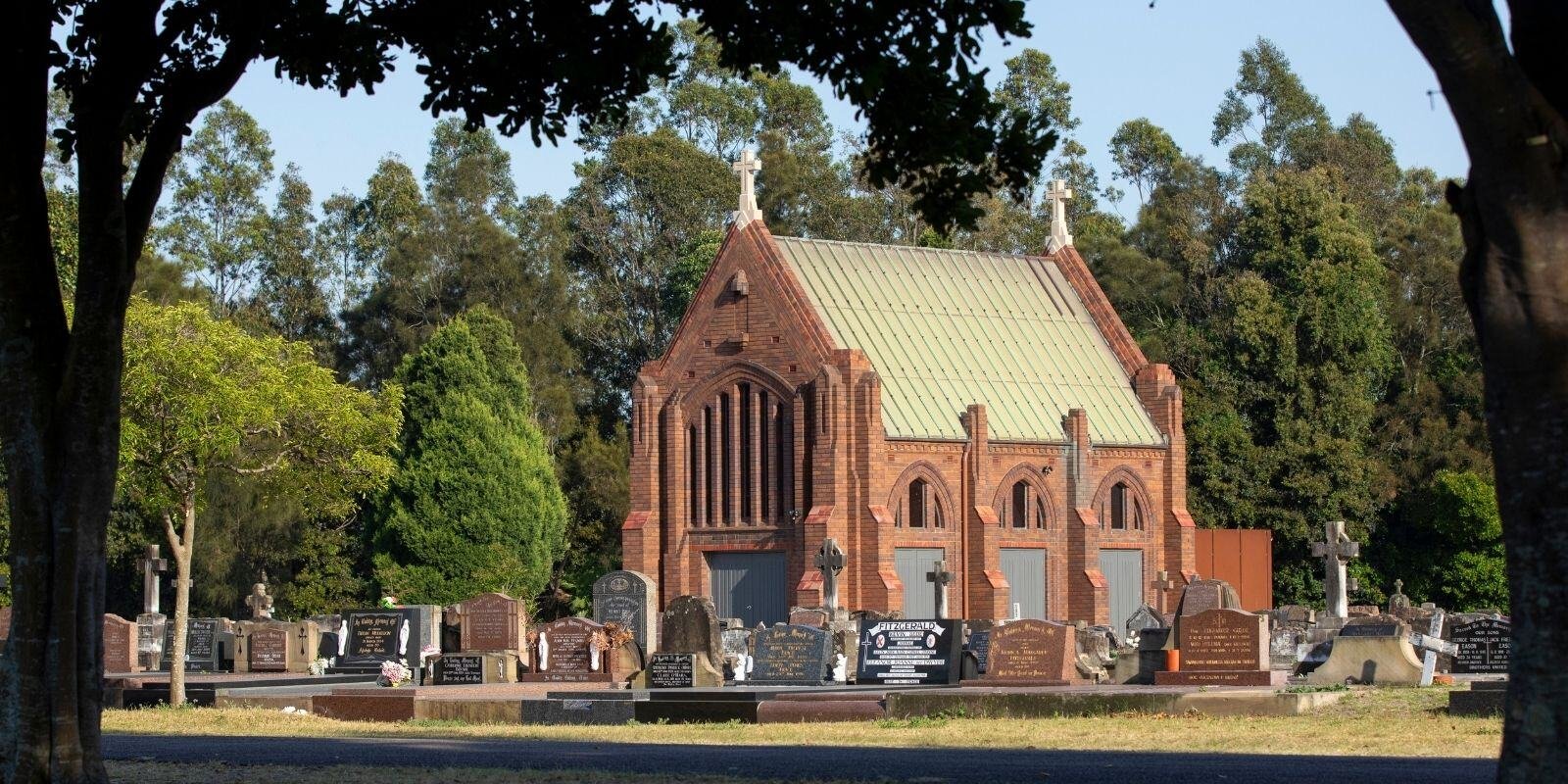
Coming clean, going green
Metropolitan Memorial Park
13 January 2026
While the pandemic has changed the nature of funerals forever, with ceremonies now offering seamless remote viewing, another quiet revolution has also been taking place—increasing demand for eco-friendly funerals that have cleaner, greener credentials.
Fortunately for consumers, options are growing with choices available at every step of the way. Families can choose options like printing service cards in vegetable-based inks on recycled paper, chemical-free body preparation, and burials in biodegradable caskets or shrouds. Here are two ways in which your departure plans can be more environmentally friendly.
Biodegradable caskets
Alternative choices range from a simple, sustainably grown pine box with rope handles, woven wicker models and cardboard caskets.
Wicker coffins are hand-woven from materials such as willow or seagrass, constructed without the use of glues, and fitted with natural, non-toxic lining fabrics and handles.
There are also a range of completely natural and biodegradable willow coffins available in Australia for purchase. Willow plants can be grown sustainably, they are easy to harvest and require no fertilisers, pesticides or herbicides. Willow is a carbon-neutral material and when burnt it gives off the same amount of carbon that it consumed throughout its lifetime. Willow coffins are also quite appealing based on their affordability.
Cardboard coffins, which are legal in New South Wales, can be an even cheaper choice starting at around $150 upwards. Pricing can go up to a few thousand depending on the level of detail such as the use of veneer exteriors and glues that add a greater level of pollution. To ensure your choice is suitable, ask how the item was made and what materials were used.
Eco-friendly Shrouds
For centuries, shrouds or winding sheets made of linen, hemp, silk or satin were commonly used as burial wraps. In 1666, a British Act of Parliament, aimed at propping up the wool trade, stipulated that only wool could be used as shroud fabric or else a fine of five pounds could apply.
These days shrouds are becoming popular again for their simplicity and low environmental impact. They come in a variety of natural materials including felted wool, cotton, silk and linen. These can be plain fabric and bought off the shelf or custom-made and beautifully decorated with embroidery or natural dyes.







-1.jpg?width=1600&name=Banner%20(7)-1.jpg)







.jpg?width=1600&name=RGC%20Gallery%20(3).jpg)




.jpg?width=2000&name=Copy%20of%20MMP%20Website%20Header%20Image%20Template%20(1).jpg)
.jpg?width=1600&name=WMP%20Wonderfully%20Made%20Memorial%20(1).jpg)

.jpg?width=2000&name=Copy%20of%20MMP%20Website%20Header%20Image%20Template%20(2).jpg)

.jpg?width=800&name=Untitled%20design%20(56).jpg)











